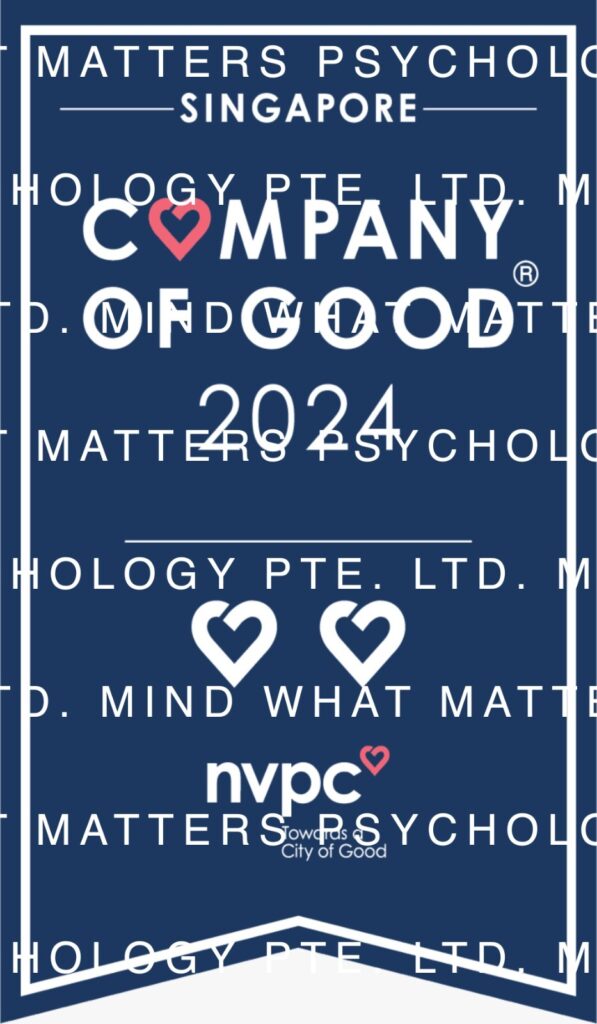Schema therapy (ST) focuses on recognising and understanding one’s schemas; maladaptive patterns of thought which leads to unhealthy behaviour and relationships.
Drawing from Cognitive Behaviour Therapy (CBT), psychoanalysis, and Gestalt therapy, ST helps clients identify unhealthy thoughts and their roots. Therapists then work to change these thought processes to promote positive behaviour. Clients also learn to recognise negative thoughts and address them healthily.
Techniques:
Schemas often fall into five categories:
- Disconnection & Rejection: Difficulty forming healthy relationships.
- Impaired Autonomy & Performance: Difficulty being independent adults.
- Impaired Limits: Difficulty setting boundaries or controlling impulses.
- Other Directedness: Prioritizing others’ needs over their own excessively.
- Over Vigilance & Inhibition: Over-sensitivity to mistakes and imposing rigid rules on themselves.
ST helps clients address and fulfil these emotional needs with healthy coping mechanisms. Therapists use emotion-focused techniques like role-playing and chair work, or behaviour-focused techniques such as rehearsal of adaptive behaviour or behavioural homework.
Strengths:
ST is used to treat a range of issues stemming from maladaptive schemas, such as difficulties in forming healthy relationships, challenges in autonomy and performance, problems with setting boundaries, prioritizing others’ needs over one’s own, and excessive vigilance or inhibition. These schemas often develop in childhood when core emotional needs are unmet. When the core emotional needs are not met as a child, children may grow up to develop negative thought processes (schemas), leading to unhealthy coping mechanisms.
Schema Therapy is effective in treating personality disorders, such as borderline personality disorders. However, clients facing challenges relating to childhood trauma, eating disorder, and addictions, may find that Schema Therapy is helpful for them as well.






